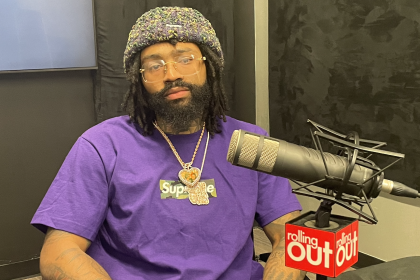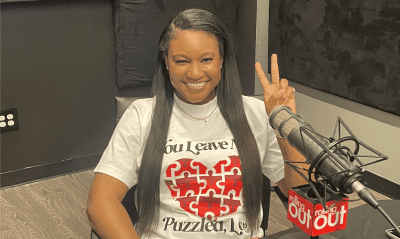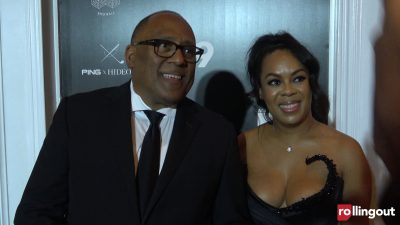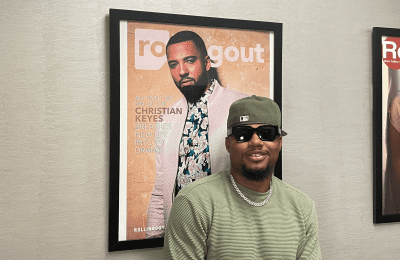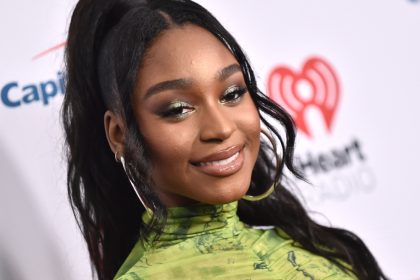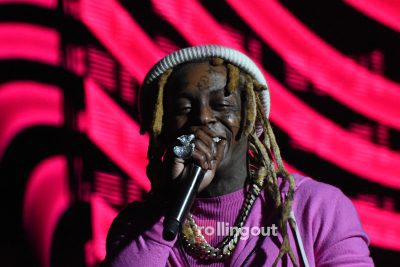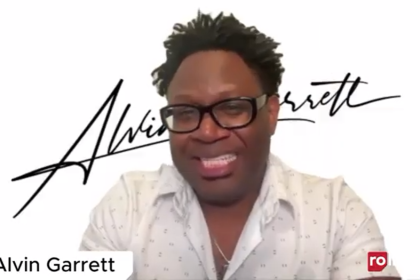 2014 marks the 25th anniversary of Big Daddy Kane‘s classic sophomore album, It’s A Big Daddy Thing. The project cemented Kane’s status as a hip-hop star, and helped the Brooklyn, N.Y., native establish himself independently of his co-horts, the legendary Juice Crew.
2014 marks the 25th anniversary of Big Daddy Kane‘s classic sophomore album, It’s A Big Daddy Thing. The project cemented Kane’s status as a hip-hop star, and helped the Brooklyn, N.Y., native establish himself independently of his co-horts, the legendary Juice Crew.
In 1989, Kane was riding the critical acclaim from his lauded debut album Long Live the Kane, and hit singles like “Ain’t No Half-Steppin’.” But in an exclusive interview, he reveals just how bittersweet the success of his first album turned out to be, and why he felt he had to distance himself from producer Marley Marl and the Juice Crew at the time.
“A lot of stuff that caused the animosity with me and the Juice Crew was [me] not obtaining production credit for all the work I did on Long Live the Kane,” he explains. “Everything said ‘Produced by Marley Marl’ and I never received my production credit. It was really [only] two joints that Marley did, physically.”
That left a bitter taste in Kane’s mouth, so the rhymer struck out in a new direction on his sophomore project. Producing much of it himself, Kane also tapped super-producers like Prince Paul and Easy Moe Bee to assist with the project. Today, he recalls how good it felt to have creative control and credit.
“This was my coming-out party,” he shares. “I finally got to exercise my production skills and see my name as ‘Produced by …’ I was extremely excited about that.”
Additionally, Kane says that his worldview had changed. After his debut album made him a star, he gained a new perspective from traveling around the world as a headliner as opposed to part of a crew.
“When I started working on my sophomore album, I’d seen more,” he says. “I had been overseas and toured with Roxanne Shante [before], but when I toured with Shante, I was just deejaying for her. I didn’t have a record. So, I mean–what I saw was limited around the world. When I went overseas with the Juice Crew, again–it was limited. After Long Live the Kane, I toured the world as an entertainer seeing so much more. My mindstate was so much broader. I knew how to relate to [more] than just a New York audience. I knew how to be a voice for L.A., I knew how to be a voice for Detroit, I knew how to be a voice for London, I knew how to be a voice for Amsterdam.”
And it all shows in the scope of his second album. Kane switches from fierce battle raps to topical examinations on education and welfare assistance, while still maintaining that trademark cool and his ladies’ man persona. It still stands as one of the greatest hip-hop albums of any era and the magnum opus from one of the genre’s most legendary talents.



